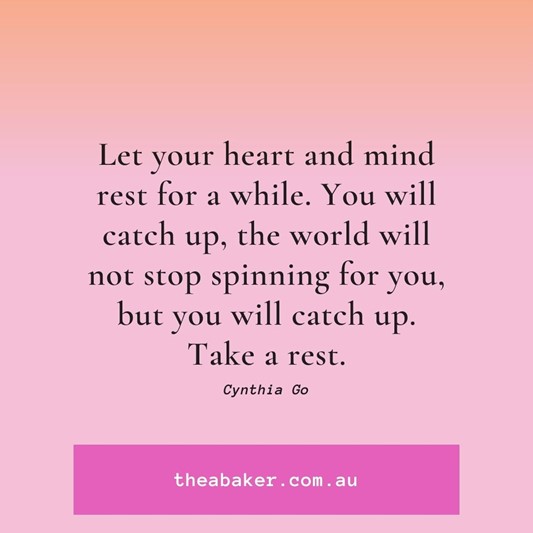Navigating Re-entry
Navigating Re-entry
After 262 long days in lockdown, and five other attempts at this particular exercise, Melburnians should be experts by most normal standards at re-entering the world! However, as we have just spent our first weekend in experiencing relative freedoms I’ve been reflecting (while I was having my first swim back in the pool) on how interesting it has felt out in the world after such a long and intense period of time living with lockdowns – the restrictions on our daily living, our reduced time spend indoors and our limited contact with friends and family. It truly has been an intense time. We’ve all become accustomed to working from home, social distancing, mask-wearing and being socially isolated. And we have developed a range of behaviours adjusting to these that helped us navigate the unusual set of circumstances that COVID-19 has brought us which won’t necessarily serve us as the world starts to re-open.
The term ‘re-entry syndrome’ was a term developed back in the 1960’s by a pair of psychologists who used it to describe the emotional toll of rejoining society, often seen with soldiers, prisoners or scientists or explorers who may be away on expeditions for prolonged periods in remote places. In amongst the excitement around being back home, there’s often a dip in emotions, mood and behaviour as people struggle to integrate back into their old lives and existence. Re-entry anxiety a kind of post-lockdown anxiety where people feel a range of anxious responses as they start integrating back into the post-COVID ‘normal’. There are a range of really very normal responses that people are having in response to a lessening in restrictions, from fears around catching COVID, nervousness about crowds and increased people around us through to reluctance around getting back to the school run or office with associated lengthy travel, irritation about the increased traffic and the joy and excitement of seeing friends and family.
How to know if you’re struggling with this post-lockdown adjustment:
- You’re worried and preoccupied about returning to your ‘old life’
- You’re stressed about post-pandemic life
- You’re ruminating on different possible (often worst-case) scenarios
- You’re reluctant to do anything very much different to what you were doing in lockdown
Top tips for navigating re-entry:
- Take things at your own pace – your timing is right for you
- Focus on what you can control
- Don’t avoid things entirely – feel the fear and do it (gradually) anyway
- Ease back into it in a phased / stepped approach
- Do it with friends – confide in them about how you’re feeling too
- Reframe those helpful or negative or catastrophising thoughts
- Keep what worked for you in lockdown
- Set boundaries around the things that you feel strongly about around living with COVID and be clear and respectful when communicating them
- Recognise and support others who might also be finding it tough – a lot of people are feeling anxious and are struggling to adjust
- Remember you will get through this, we all will
- Be kind and compassionate towards yourself as you start to experience the world again
If it’s the right time to talk about your struggles with the end of lockdown, we have a team of relationship therapists at Thea Baker Wellbeing – please reach out to us at: hello@theabaker.com.au / 03 9077 8194.


